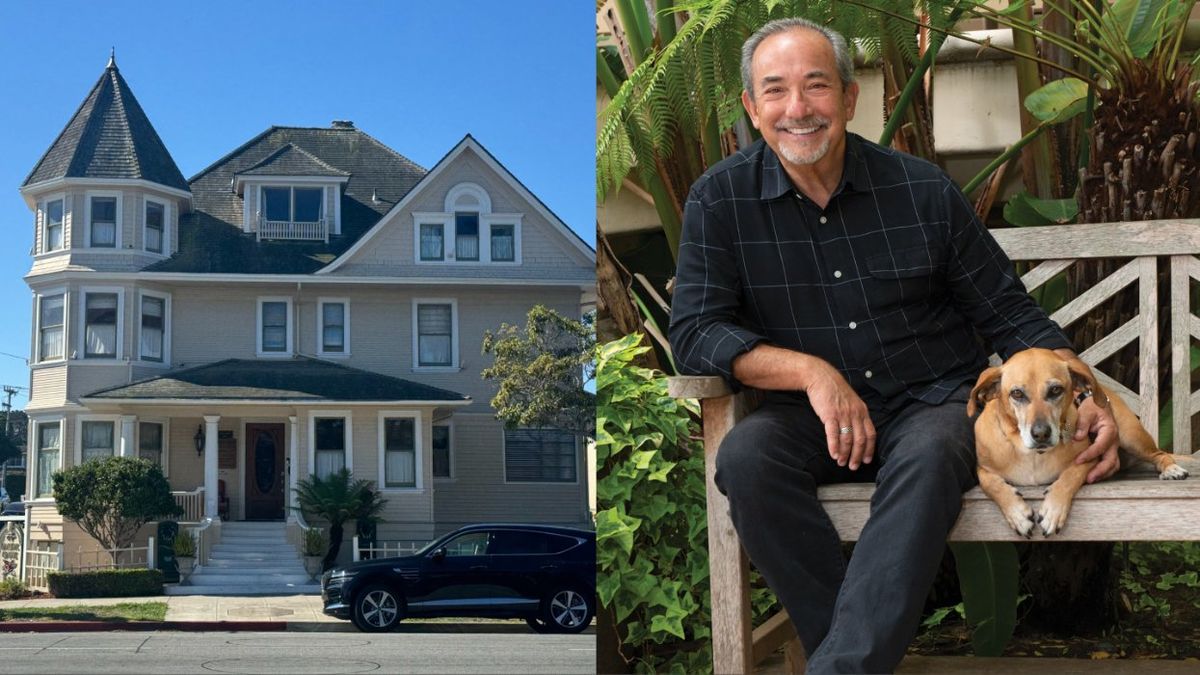The Historic Landmark Commission of Austin, Texas, unanimously approved the first steps of providing historic zoning for a section of the city’s Fourth Street warehouse district housing longtime LGBTQ+ clubs like Oil Can Harry’s, the Coconut Club, and Neon Grotto.
The move came in response to a request before the Austin Historic Landmark Commission to demolish the buildings on West Fourth and Colorado Streets and replace them with a proposed 400-unit high-rise building that would also house retail stores, restaurants, and bars on the ground floor.
While many speakers at the meeting last Wednesday opposed the proposed building, the owners of Oil Can Harry’s came out in support. They told the commission they already have an agreement with the developers to remain in the new building which would recreate the bar’s iconic brick façade, evening replicating the color of the mortar used to secure the bricks in place.
“Rest assured, our mission is to keep 4th street alive for a long time, and if we navigate these waters correctly, we will succeed,” Oil Can Harry’s said in a statement posted to social media. “However, in our unique case, we need you to know a historical declaration is NOT the way to do it.”
With the historic landmark status, the owners claimed the building would remain but Oil Can Harry’s would be “forced out of the block in less than 10 years by individuals and factors” outside their control. They note the bar leveraged its existing contract to reach an agreement with the developers to extend their lease for the next 25 years.
“The effort to declare our building as historic would take away the only leverage tool we have, and so we ask that our community NOT oppose the application” up for debate last week.
The proposal from the development company Hanover seeks to demolish the aging structures and replace them with the new mixed-use high-rise building. Architectural plans call for replicating the brick and mortar façade.
The commission noted that the while the proposal “does not meet the standards that would be applied in review of proposed work to a historic landmark,” it does represent “a compromise solution intended to maintain the streetscape character” of the existing Warehouse District. The motion passed unanimously over the objections of Oil Can Harry’s.
While the Historic Landmark Commission will provide guidance in the matter, the final decision on whether to provide landmark status to the building rests with the Austin City Council.






















































































